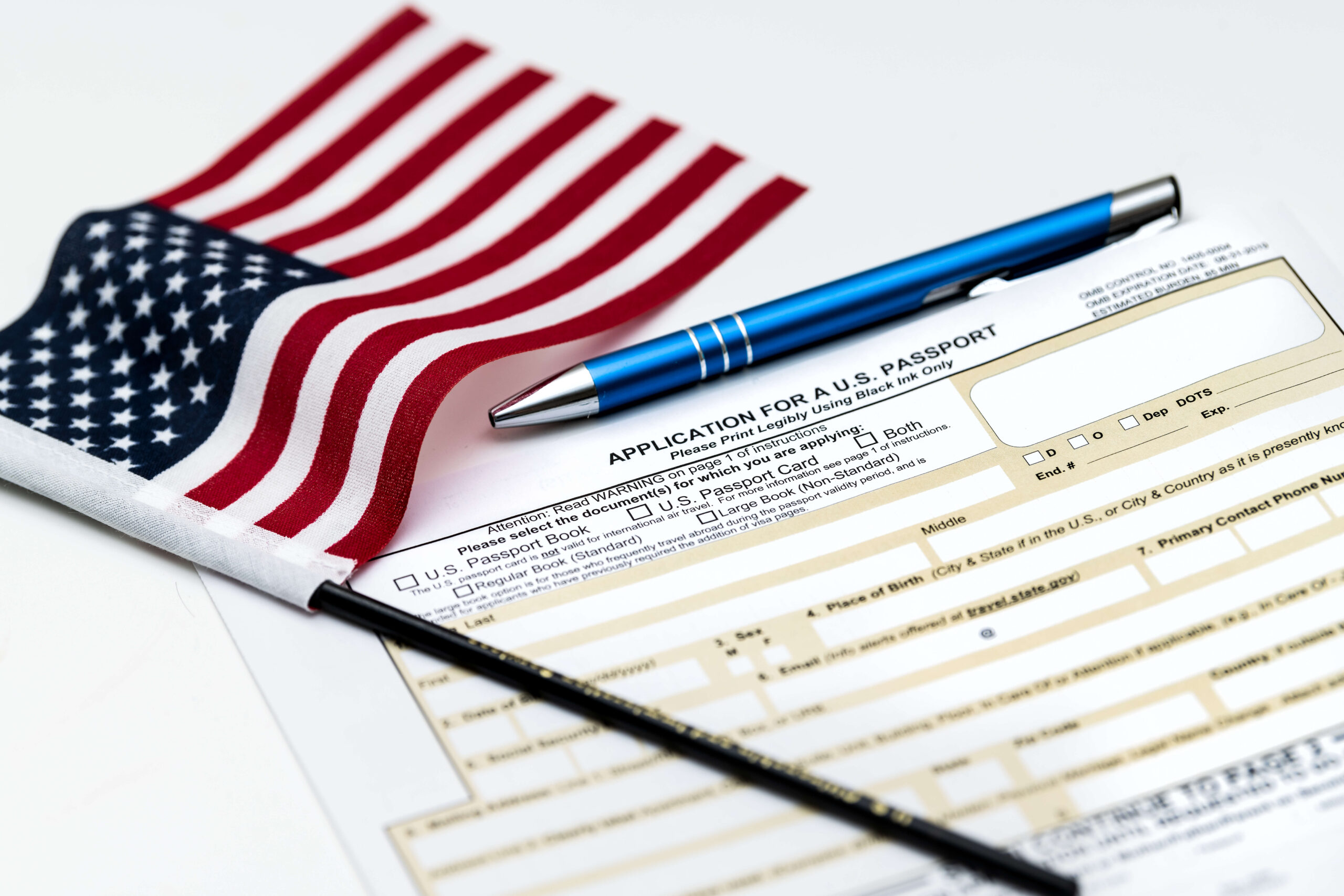On March 20, 2020, the U.S. Department of Homeland Security (DHS) and U.S. Immigration and Customs Enforcement (ICE) announced their intent to relax the requirements for performing in-person verification of documents presented for Form I-9, Employment Eligibility Verification, given the challenges employers faced during the COVID-19 pandemic. Since then, ICE has extended this policy multiple times, with the current end date set for March 31, 2021. While the federal agency may extend the policy beyond March 31, 2021, employers may want to check whether the flexible rules continue to apply to their worksites and to implement compliance steps when in-person onboarding and verification resumes. In addition, certain temporary ICE accommodations for I-9 compliance have expired. Throughout the pandemic, DHS has announced extensions of the modified I-9 verification policy just a few days prior to the then-current policy’s expiration date.
ICE extended the modified Form I-9 policy most recently on January 27, 2021, citing continued precautions related to COVID-19. Employers that wish to review I-9 documentation remotely may want to review DHS’s original announcement to ensure that workplace conditions continue to justify using the flexibility. The March 20, 2020, guidance requires employers to document physical proximity requirements and include the proper annotation on the Form I-9 when using the flexibility rules. Upon expiration of ICE’s modified policy, employers must update the Form I-9s. For example, if an employer accepted expired List B documents, the employee would need to present unexpired documents within 90 days after DHS terminates the flexibility rules. In addition, in-person verification of work authorization documents and a Form I-9 update is required within three business days after DHS cancels the flexibility rules if using virtual verification.
The policy that was in place allowing employers to accept Form I-797 Notice of Action due to continued Employment Authorization Documents (Form I-766, EAD) delays expired on February 1, 2021. The policy, which U.S. Citizenship and Immigration Services (USCIS) originally announced on August 19, 2020, allowed new and current employees to present Form I-797 Notice of Action approvals with notice dates between December 1, 2019, and August 20, 2020, as a List C document to establish employment authorization. After February 1, 2021, USCIS is requiring employers to reverify work authorizations with new evidence of employment authorization, such as a new EAD work card or any other acceptable documentation. Form I-797 Notice of Action approvals are no longer acceptable in lieu of EADs as a valid List C document.
On January 26, 2021, DHS announced that while E-Verify time frames have been extended to resolve Tentative Nonconfirmations (TNCs), employers must act on TNCs within 10 federal government working days. This means that if an employer receives a TNC after running E-Verify, the employer must update E-Verify to reflect that either the impacted employee would take action to resolve the matter or the case is closed because the employee chose not to resolve the matter within the 10-day period. Not updating E-Verify within the designated time frame could result in compliance action, including the termination of an employer’s E-Verify account. Still, recognizing COVID-19 closures within the Social Security Administration, DHS has extended the time frame to resolve TNCs. The agency further makes clear that “employers may not take any adverse action against an employee because the E-Verify case is in an interim case status.”
Ogletree Deakins’ Immigration Practice Group will continue to monitor developments with respect to these and other policy changes and will post updates on the firm’s Immigration blog as additional information becomes available. Important information for employers is also available via the firm’s webinar and podcast programs.





